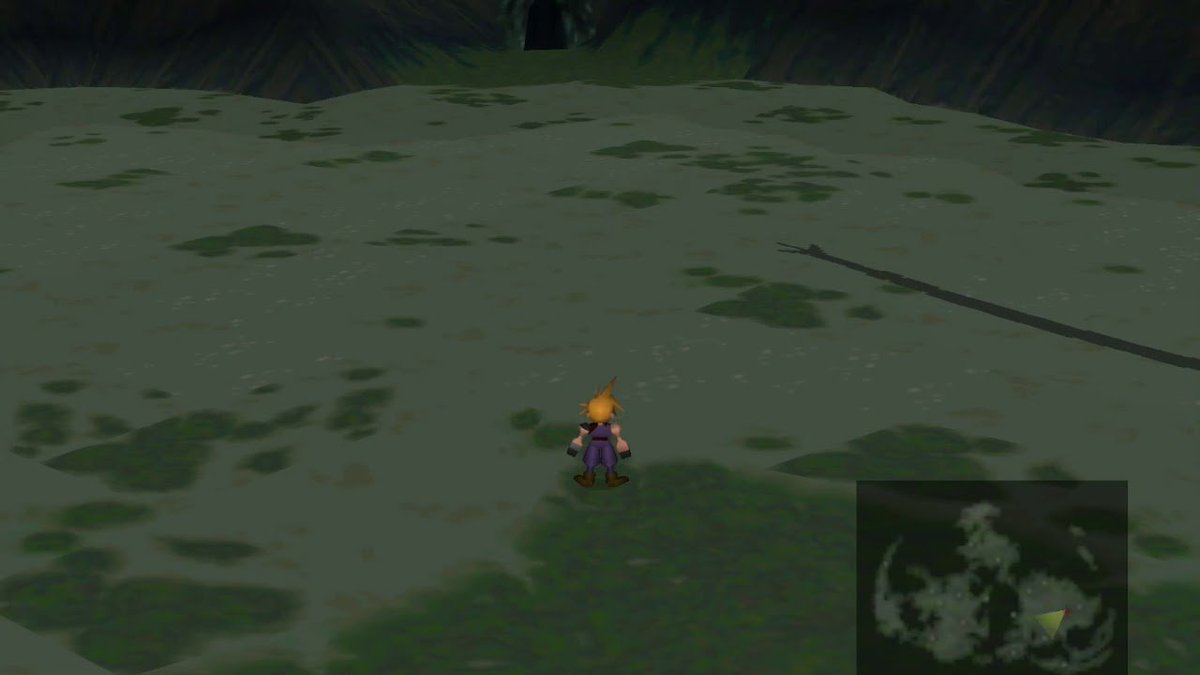Nonetheless, I'll focus on the Moon in this thread.
More from Game
-39 Seconds- The implication that the PC release was of the quality standard they intended and that's extremely hard to believe. 1/many
Dear gamers,
— Cyberpunk 2077 (@CyberpunkGame) January 13, 2021
Below, you\u2019ll find CD PROJEKT\u2019s co-founder\u2019s personal explanation of what the days leading up to the launch of Cyberpunk 2077 looked like, sharing the studio\u2019s perspective on what happened with the game on old-generation consoles. pic.twitter.com/XjdCKizewq
-49 Seconds- Leadership Team is deeply sorry (not at fault), don't blame any specific teams (hold onto this one)
-1m42s- Describes a process of making the game look great on PC and then backsliding to "Old Gen" despite the game being announced before PS4/Xbox hardware was known.
-2m11s- Describes the old gen disk bandwith as "it is what it is" Considering the game got announced before those consoles even shipped, its absurd that the entire game was built so far beyond their possible constraints. Also, those consoles put out stuff like Tsushima late gen.
-2m19s- "-our testing did not show a big part of the issues
you experienced while playing the game" This is probably the worst part. Despite telling you not to blame any specific team, the test / QA team, somehow didn't discover the issues with the game.
You don't need to have worked in Dev or QA to know that the game was flying apart at every level (even on PC). The idea that the bug nightmare that ended up shipping seen for example here https://t.co/bgDkfQMVku went under the radar of a PROFESSIONAL QA TEAM is ridiculous.

2020 was another year where I talked a *lot* of shop about dating sim history. Much of it was actual dating sims, like in some threads below, but sometimes I went on adjacent tangents, like for the cool Kojipro-developed Tokimeki Memorial adventure games:
I finished the drama CD for Shiori's route of Tokimemo Drama Vol. 3 earlier and it was sweet, but lacking. So, I'm plunging back into the world of Feeling Sad About Shiori! Maybe I'll make this a thread about all the cool ways KojiPro translated a dating sim to an adventure game? pic.twitter.com/SWXLvUwMO1
— Tom James, The Daigo Umehara of Dating Sims (@iiotenki) September 2, 2020
I also went down a whole new rabbit hole for Fuuraiki, an open-ended PS1/PS2 adventure game with a cult following about traveling around the island of Hokkaido that's set to real world photography. It's a unique tangent in galge well worth exploring:
So as I mentioned about a week ago, I've been digging into Fuuraiki, a late PS1 release I've been meaning to check out for years. It's an adventure game where you travel along Hokkaido on motorcycle taking photos of the scenery and writing travelogues and it's pretty rad. pic.twitter.com/uhajPmDrm9
— Tom James, The Daigo Umehara of Dating Sims (@iiotenki) January 27, 2020
I also took a quick jaunt into Michinoku Hitou Koi Monogatari, a spiritual predecessor to Fuuraiki that's about traveling around Tohoku against a backdrop of mahjong matches. It's a rough draft that would get much more refined later, but still worthwhile:
It's neat as a historical curiosity and I'm glad I did it to have context for a Fuuraikai route which sees Yumi (the oneesan in purple) return, but I wouldn't call it at all essential. My main takeaways are I suck real bad at hana-awase and a stupendously dumb swan boat chase. pic.twitter.com/aRe1S4yF6o
— Tom James, The Daigo Umehara of Dating Sims (@iiotenki) October 27, 2020
In terms of actual dating sims that I covered, the focus was mainly post-Amagami games released by Kadokawa such as Photo Kano. While I think these games have MANY flaws, they do offer key insight into the state of the genre during its decade-long decline:
Well.
— Tom James, The Daigo Umehara of Dating Sims (@iiotenki) April 25, 2020
Let's do this again, I guess. pic.twitter.com/pLoef5uHap
























